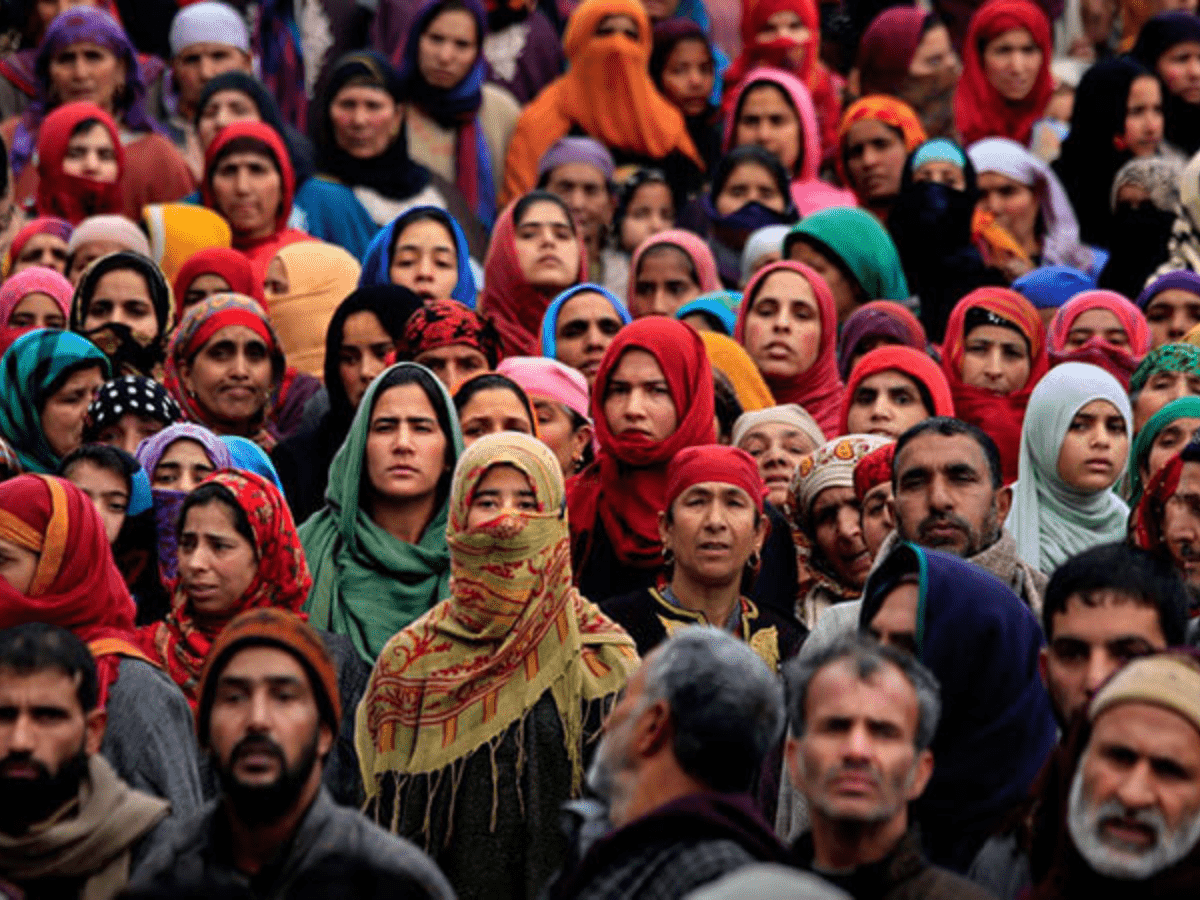
Within a day after the opposition parties, in their meet at Bengaluru, decided on INDIA as the name of their alliance, Kashmiri leaders saw hope in the revival of the idea of India in which they and the people could feel comfortable. The Kashmir-centric political parties, particularly National Conference and PDP, have been vociferous on the “onslaught on the idea of India,” in which their parties and leaders had sought the protection of their distinct identity and special rights conferred to the erstwhile state under Article 370. That particular constitutional provision was done away with by the Central government, in pursuance of BJP’s long-time agenda to “integrate J&K into the Indian Union with no ifs and buts.”
Till August 5, 2019, when the constitutional provision that granted special status, exclusive rights and privileges to the permanent residents of Jammu and Kashmir, there was a notion that the people of the erstwhile state were different from other states in the country, and their rights and privileges were permanent. All these notions came crashing down when the Government abolished Article 370, claiming and citing that Article 370 was titled as “ temporary” in the constitution.
And when the opposition conclave at Bengaluru on July 18 adopted INDIA as the name of the alliance and committed to protect the unity and diversity of the country and stive for vibrant democracy, the Kashmiri leaders spotted a bright spot for themselves. They hailed the struggle for reclaiming the idea they were familiar with for decades. National Conference’s Omar Abdullah, whose party ruled the state for three generations over a number of years, and Mehbooba Mufti, the sole woman chief minister in the history of the state, were quite hopeful about the opposition unity.
This, however, opened many questions, as articulated by Jammu and Kashmir Apni Party chief Syed Mohammad Altaf Bukhari. He asked if this alliance which Mehbooba and Omar were joining was to fight BJP, then they should also answer, why they were partners with BJP. Omar Abdullah was a minister in the BJP-led NDA government from 1999 to 2002. Mehbooba Mufti was the chief minister of the PDP-BJP coalition that came into being in March 2015 ( with her father Mufti Mohammad Sayeed being the chief minister at the start of the alliance) and lasted till June 2018.
Bukhari, who claims that he is neither with BJP nor Opposition, but for the people of Jammu and Kashmir and never hides his thesis that “Delhi has inflicted wounds on us ( J&K people) and ironically Delhi alone can heal these wounds,” said that for him the idea of Jammu and Kashmir comes first.
He is pitching for unity in the diversity of Jammu and Kashmir, both demographically and geographically- reviving the idea of the state into the idea of India. “For me, the idea of Jammu and Kashmir is the first priority.” He explained: “look at us, one of our parts- Ladakh- was taken away from us ( now Ladakh is a separate union territory ) and our status was downgraded ( from state to union territory)., then isn’t it our duty to strive for the reunion and getting back the status that has been done away with.”
The thesis is simple that the state of Jammu and Kashmir unless the promises made to its people – the restoration of statehood, holding of Assembly elections and allowing the natives to have their rights as Indians, the idea of India, whether that of BJP or that of Opposition is distant. “Jammu and Kashmir’s idea unit that it represented for centuries – inclusiveness, secularism, and respect for one another – comes first for its own dignity comes first, the rest of the ideas could be assimilated later. It is telling the Centre and the Opposition alike to rectify the fault lines in Jammu and Kashmir first



